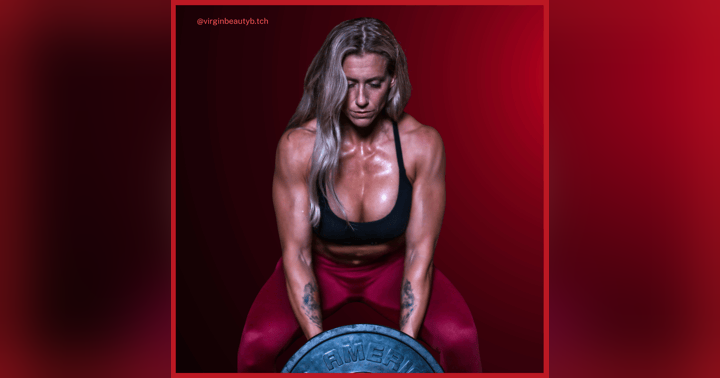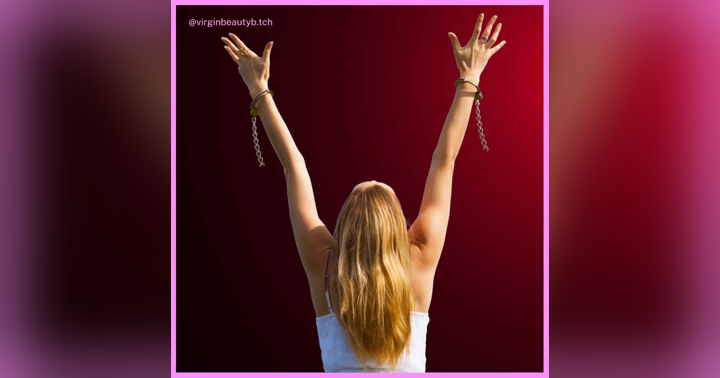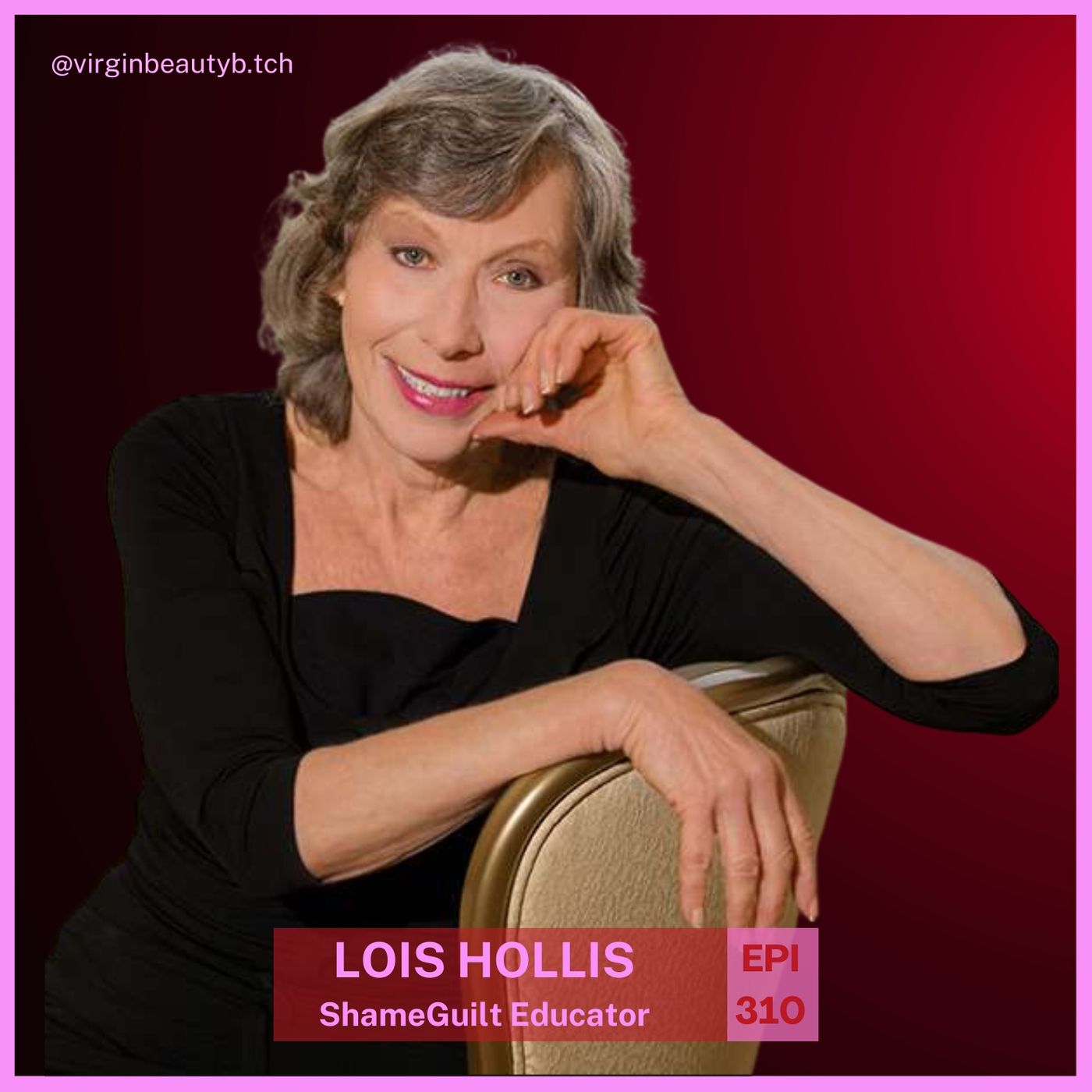Are We Bound By Shame And Guilt?

As babies, each one of us was born pure as a snowflake descending from heaven's bosom. We had all the potential under the sun to be or become anything humanly possible. So how do we go from feeling limitless to saying to ourselves, I'm not good enough?
If that sounds like a fair question to ask, let's peel it back a little.
Did a parent ever scold you for coming up short, in their eyes, or did a family member disparage your fit into the fold? Did a teacher ever doubt your academic acumen, or did a coach mock your ability? Did you ever feel like your faith questioned you or your commitment to cultural traditions was doubted? As children, we're unable to understand how these learning moments and adjustments to our attitude, behavior, and beliefs impact our self-confidence and, inevitably, self-image and self-worth.
It's not that everything said to us in our youth intended to help us navigate life was meant to sabotage our long-term self-image, but invariably, that's what happens.
Can we agree that young people benefit from mature guidance? It's unfortunate that some adults choose to regurgitate their own personal failures and disappointments into the young using brutal criticism or, worse, physical abuse. However, even when adult critique is constructive and given with love or understanding, the message can be taken as harsh criticism.
As a child, feedback, fair or unfair, or any critique about our attitude, appearance, or performance inevitably feels direct and taken as personal. It's not just about failing to do things right or living up to standards; it's believing you are a failure.
It might seem a big leap from being told you're failing to some thing to believing that you are a failure. However, it's a leap we learn to take in a single bound. We're quick to learn how to use criticism about what we are doing imperfectly and make it about us being imperfect. How we get there is simple: we learn to do to ourselves what others have been doing to us since we were born. We learn to critique and course-correct ourselves using two powerful tools: shame and guilt.
The popular opinion defines guilt as 'I made a mistake' and shame as 'I am a mistake.' As adults, we become masters at weaponizing these tools to use against ourselves. It gets even more intense when you realize that shame and guilt are cloaked within our emotions in such a way that even experts believe them to be innate traits we are all born with.
One expert who calls BS is licensed clinical social worker and psychotherapist Lois Hollis, who specializes in helping individuals overcome debilitating shame and guilt. She believes they are learned in childhood from trauma and societal expectations.
According to Lois, shame-guilt can only produce negative experiences by exploiting emotions like anger, depression, anxiety, and addictions and supercharging feelings like I'm not good enough. According to Lois, you can go to all the therapy you want, but only one person can heal you from shame and guilt, and that person is you.
Lois leaves a few tips in our conversation on VBB 310.
Christopher







